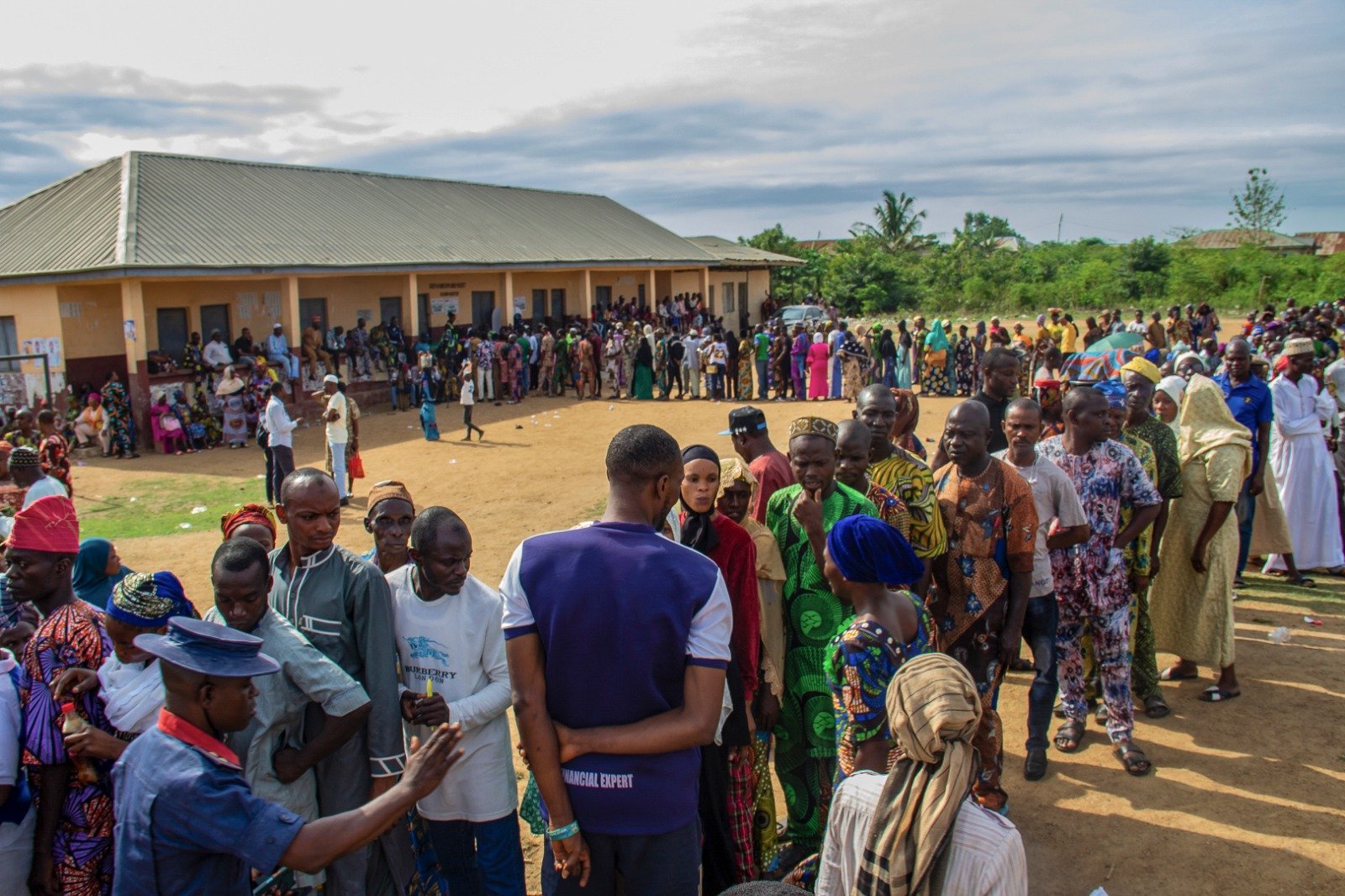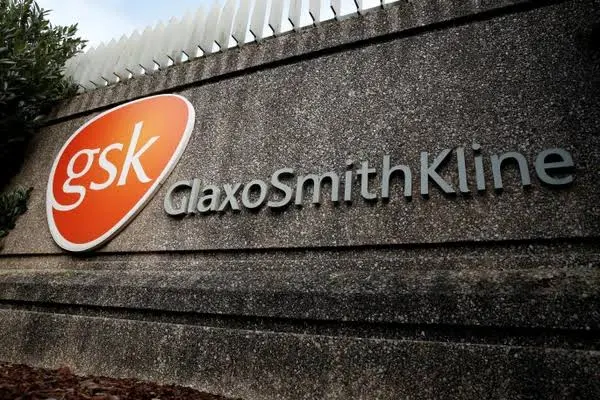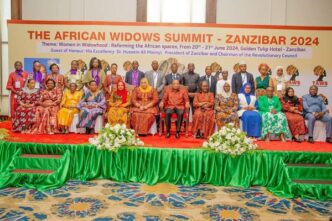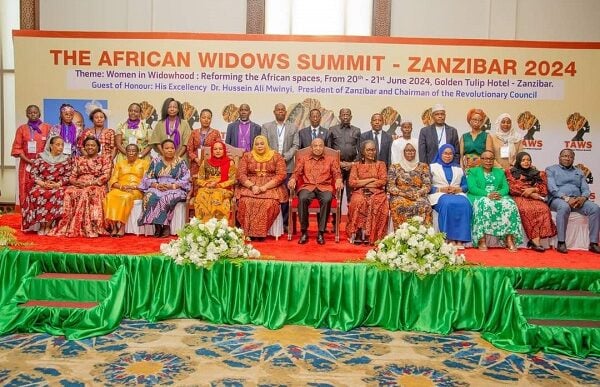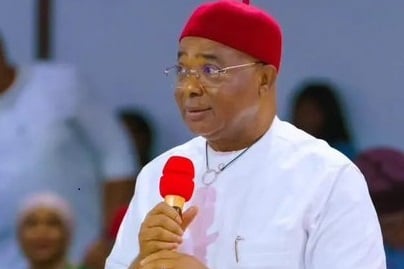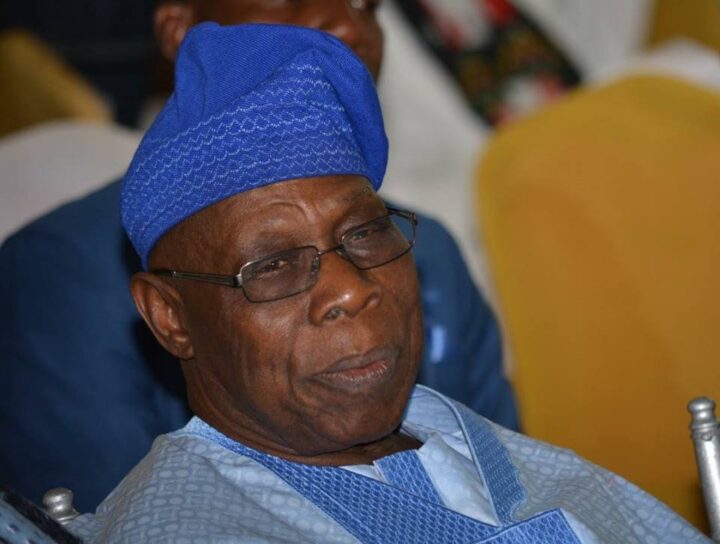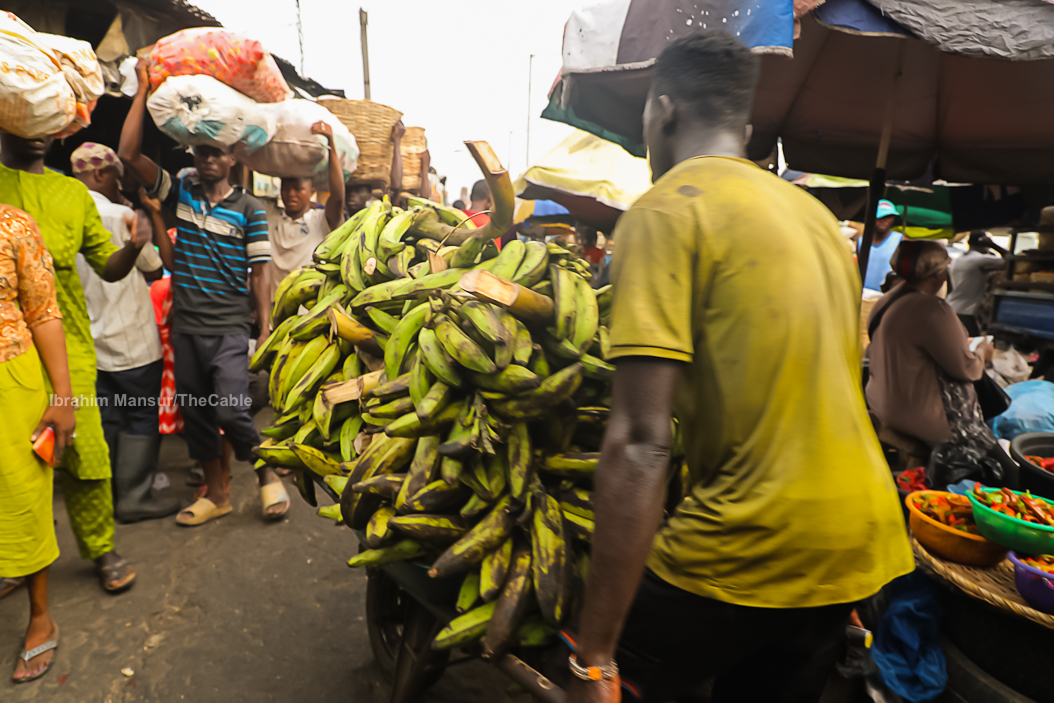BY CHIBUIKEM DIALA
The supreme court’s ruling, granting autonomy to 774 local government areas (LGAs) across Nigeria, has marked a significant milestone in the quest for grassroots development. By this landmark judgment, the apex court has liberated the third tier of government from the stranglehold of state governments, who have for long appropriated local government funds without using them for meaningful development at the grassroots level.
In the words of the executive director of Electoral College Nigeria (ECN), Kunle Lawal, “Financial autonomy for local governments in Nigeria is a cornerstone for achieving true federalism and grassroots development. Despite being recognised as the third tier of government by the Nigerian constitution, local governments face significant challenges in managing their financial resources independently,”
In the view of the Senate President, Goodwill Akpabio, TheCable reports him saying “It is a great thing that the supreme court has done the needful and now we have to go back and think, working with the AGF’s office and the parliament to see how we can ensure that there is real election at the LG levels.”
Advertisement
While the bells of victory ring loudly across the 774 LGAs, the challenge of electing competent and honest leaders through a process of integrity remains daunting. State governors continue to organise LGA elections through their respective state independent electoral commissions (SIEC), most of which are staffed by loyalists to the governor or the ruling party. Recall that while INEC conducts elections in the FCT, state electoral commissions of 36 states conduct elections in the local government areas and electoral wards.
This arrangement which is often abused by state governments represents an aberration in Nigeria’s democratic landscape, akin to an Augean Stable that must be thoroughly cleansed. Many Nigerians are now calling for the abolition of state independent electoral commissions, advocating instead for the Independent National Electoral Commission (INEC) to assume responsibility for local government elections. Hence the growing call for scrapping of ISIECs.
A former member of the House of Representatives and member of the governing board of the North East Development Commission (NEDC), Hon. Sam Onuigbo who has for years advocated for LGA autonomy has this to say: “Now, the supreme court judgment has opened a big window of opportunity that things would be made right at the local government councils. What remains is to cut the last ligament of the burden by abolishing SIECs so that the Independent National Electoral Commission (INEC) should conduct council polls.”
Advertisement
On his part, Senator Athan Achonu, the Labour Party’s governorship candidate in the 2023 Imo state governorship election, commended the supreme court for its landmark judgment. He emphasised the need for immediate action to remove the responsibility of conducting LGA elections from state governments.
Speaking, Senator Achonu said “The supreme court’s judgment underscores the importance of local governance and its critical role in national development. It represents a clear mandate for state governments to respect the autonomy of local governments and adhere to the principles of good governance.”
“The victory would be incomplete without scrapping state electoral commissions. I call on organised labour, student groups, and youth organisations to engage and pressure all state houses of assembly to ratify the necessary amendments.
“This is crucial for the realisation of true local government autonomy and for ensuring that local elections are conducted fairly and transparently,” he stated.
Advertisement
Similarly, Senator Joel-Onowakpo, representing Delta Central senatorial zone in the national assembly, condemned the Delta State Independent Electoral Commission (DSIEC) for failing to release sensitive materials for the July 13, 2024 local government elections in Delta state.
“Until INEC takes over local government elections, we cannot guarantee the true autonomy of the third tier of government. Democracy worldwide is about the will of the people, but DSIEC and the PDP have conspired to deny citizens their right to elect local government leaders. This is undemocratic and unacceptable.” Senator Onowakpo said
In Imo state, where local government elections are slated for September 21, 2024, opposition parties are threatening to boycott the election due to a lack of trust in the Imo State Independent Electoral Commission (ISIEC) perceived as loyal to the ruling government. The antecedents of past electoral malfeasance further compound the challenge of ensuring fair participation in elections organized by the state.
INEC, on its part, has condemned the lack of transparency in conducting local government elections, accusing the state governors of manipulating and frustrating state electoral commissions.
Advertisement
Earlier in the year, during a meeting with the Forum of State Independent Electoral Commission (FOSIECOM), the INEC chairman, Professor Mahmoud said: “Unfortunately, the conduct of local government elections in virtually all the states of the federation has become mere coronation of candidates of the ruling parties. It is time to stop the coronation and conduct proper elections.
“State governors should allow the SIECs to have greater capacity for independent action. Many of the SIECs have no functional offices in the local government areas in their states and cannot recruit their permanent staff,” he said.
Advertisement
On the suitability of INEC conducting LGA elections, Samson Itodo, who is the executive director of Yiaga Africa seems to have a different opinion. He believes that INEC already has a lot to chew so it will be difficult to ask them to conduct local government elections. He prefers SIECs should be sustained by guaranteeing “operational and financial independence through legal means…”
While on a visit to the Plateau State Independent Electoral Commission (PLASIEC) chairman, Plangji Cisha in June, the Yiaga boss Itodo said “INEC has stated that it is overburdened with responsibilities. The task of conducting local council elections would exacerbate this. How can people be advocating for local government autonomy and at the same time calling for centralisation of its electoral process, it is contradictory.”
Advertisement
It is important to state that we can’t afford to leave the destiny of 774 LGAs in the hands of a few state governors whose greed, insatiable quest for power and insensitivity to the plight of the poor citizens at the grassroots are unyielding.
Hence, the call for LGA electoral reform is not merely a partisan issue but a democratic imperative. Ensuring that the laws guiding SIECs are amended to guarantee independence; or INEC oversees local government elections would likely mitigate the risk of manipulation and foster a more transparent, accountable, and democratic process. It would also restore the confidence of the electorate in the electoral process, thereby enhancing participation and strengthening the fabric of Nigeria’s democracy.
Advertisement
Additionally, if transferring LGA Elections to INEC becomes a reality, then the electoral body must be advised to uphold the highest standards of integrity and accountability, especially concerning the actions of its staff, including addressing and mitigating corrupt practices that are usually associated with the institution.
In conclusion, while the supreme court’s ruling on local government autonomy is a significant step forward, the journey towards true local governance is far from over. The SIEC reform, or abolition of state independent electoral commissions, and the transfer of their responsibilities to INEC is a critical next step in ensuring that local government elections are free, fair, and reflective of the people’s will. Only then can Nigeria hope to achieve the grassroots development and democratic integrity that its citizens deserve.
Diala is the founder of The House Excellence Built (THEB), a non-governmental organisation and advocate for transformational leadership. He can be reached via [email protected].
Views expressed by contributors are strictly personal and not of TheCable.
Add a comment
